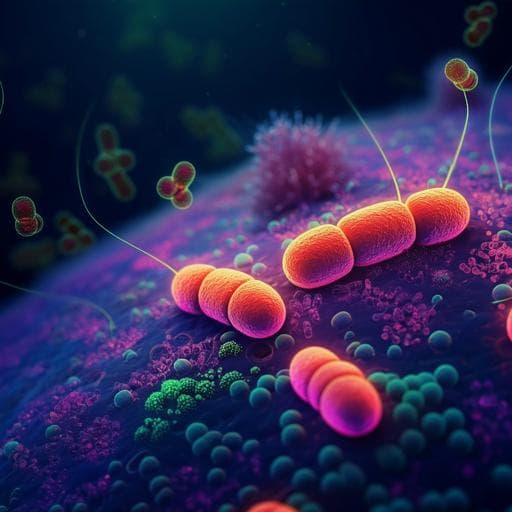
Environmental Studies and Forestry
Polystyrene-degrading bacteria in the gut microbiome of marine benthic polychaetes support enhanced digestion of plastic fragments
S. Zhao, R. Liu, et al.
Explore how the benthic clamworm *Perinereis vancaurica* digests polystyrene foam debris, potentially transforming pollution into beneficial processes through intriguing gut microbiome interactions. This groundbreaking research by Sufang Zhao, Renju Liu, Shiwei Lv, Benjuan Zhang, Juan Wang, and Zongze Shao uncovers new opportunities for tackling plastic waste in marine ecosystems.
Related Publications
Explore these studies to deepen your understanding of the subject.







